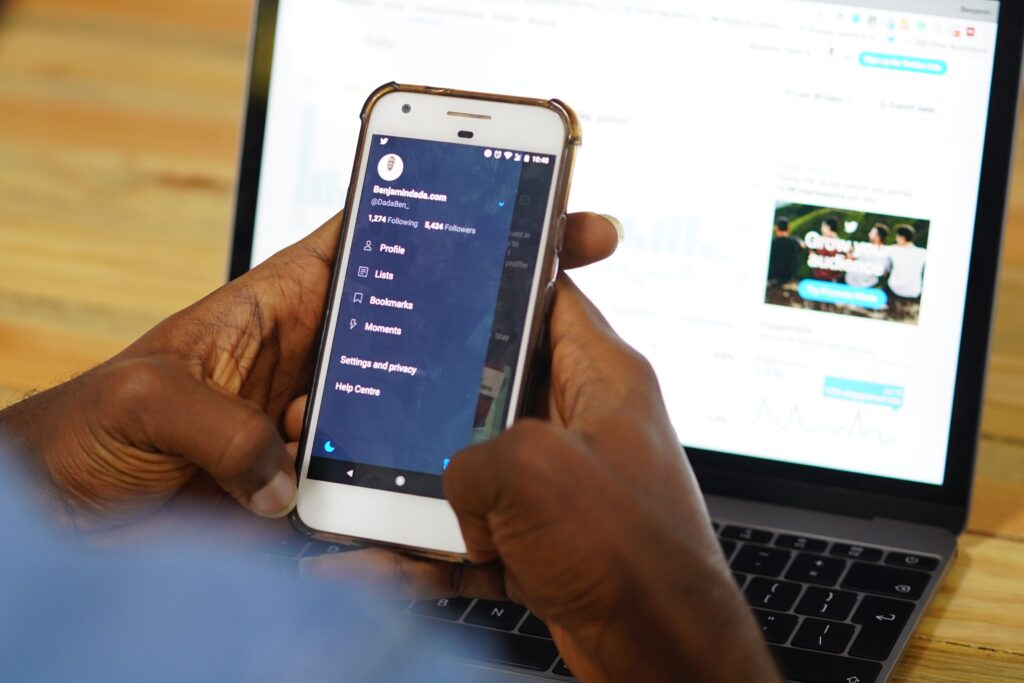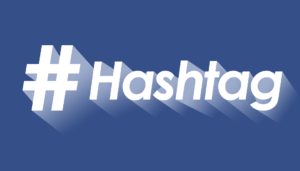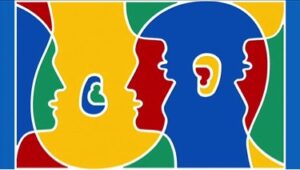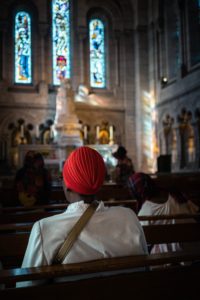
By Greer Jackson
In the summer of 2013, Black Lives Matter as a social justice campaign became a major platform and organizing tool, and today persists as one of the most formidable movements of our time. Since then, other movements have followed in its wake: #SayHerName in honor of Sandra Bland, #OscarsSoWhite in response to a lack of diversity in Hollywood, and #IfTheyGunnedMeDown in protest of the antagonistic portrayal of black victims in the media.
All of these campaigns began gaining traction as hashtags on Twitter, not only showing us that clicks and likes can transcend the pixels on a screen, but also hinting at a major reason for African Americans’ strong online presence: the effectiveness of social media in mobilizing support for social justice causes and fostering community.
A Nielsen report on the digital lives of black consumers shows that African Americans have adopted digital formats at a higher rate than the general population, in order to provide a powerful platform to amplify their voices. Approximately 90% of African Americans live in a household that owns a smartphone, compared with 81% of non-Hispanic whites. African Americans also have a higher weekly reach for social networking on a smartphone, at 75%. Their device usage for messaging websites and apps was at 67% as of 2018, surpassing other demographics by several percentage points.
Andrew McCaskill, culture and economics strategist at Culture Genesis, notes that social media has, in many ways, acted as an equalizer for African Americans, who previously couldn’t enjoy the liberty of free speech and political power.
“Technology does something that’s very unique for African-Americans. It takes away the barriers of connection, the barriers of visibility, the barriers to access, and the barriers for opportunity.”
McCaskill gave the example that while African Americans make up about 14% of the total U.S.population, they make up 28% of the people on Twitter.
“That’s the reason why Black Twitter has such a pervasive impact, which everybody talks about. We drive conversations that the mainstream media picks up.”
This power, he says, should not be taken for granted.
“We need to start seeing digital currency as an asset: it has value to it. It is like money.”
Dr. Emory Tolbert , a Howard University history professor, notes that prior to technology and social media, the African American community relied mainly on organizations like the NAACP and the National Urban League to mobilize support for social justice causes.
“The structure for organizing was there and had been there for a few years. You could see it in action with, for example, the very famous March on Washington in 1963.”
He acknowledged, though, that technology has allowed the black voice to be louder and more influential.
“Younger generations are even more in tune with what’s going on around them. You know that if you have something to do, you can communicate with 1,000 people at the same time. That’s had a tremendous impact on organization of all kinds.”
And, while every black person on social media may not be an activist, what it comes down to is a passion for staying connected. This has been a consistent theme throughout history, which started at the community level.
“We have always gathered in spaces where we have had a lot of influence,” said McCaskill. “In the civil rights movement we gathered in churches, we gathered in buildings, we gathered in meeting houses. Well, social media is the new church basement. Social media is the new meeting house. Social media is the new town hall for African Americans.”


